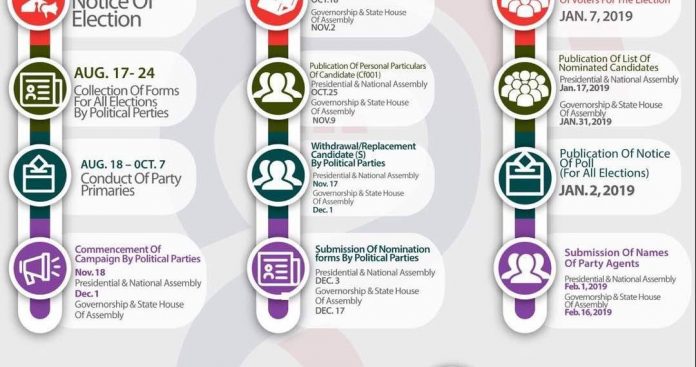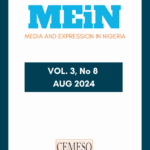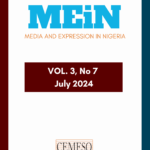Voter education is educating the electorate about the duties and obligations of all parties involved in the successful conduct and result of a credible, free, and fair election. The electorate know they ought to cast their votes on election day, but few know the provisions of the law surrounding the successful conduct of that election, and what is expected of them as electorate, or the candidates aspiring for elective offices.
The Electoral Act 2010 (Amendment), among other things is to provide for adequate time for the Independent National Electoral Commission (INEC) to issue notices, receive nomination of candidates from political parties, and ensure the proper conduct of political parties.
The Policy and Legal Advocacy Centre in their review of relevant information on Nigeria’s democracy on February 2018 did a factsheet on the Electoral Act Amendment Bill, 2018 as passed by the National Assembly. The factsheet contains highlights of the extensive amendments made to the 2010 Electoral act (as amended) by the National Assembly; the amendment bill has about 45 clauses, including the interpretation and citation sections.
The bill provides for the appointment and functions of the secretary to INEC, as well as other staff of the commission; mandates INEC to compile, maintain and update on a continuous basis a national register of voters, which shall include the names of all persons entitled to vote in any federal, state, or local government area council election.
The bill further provides that the updating and revision of the voters’ register must end not later than 30 days before any election. It mandates the commission to print and issue a voters’ register for each state, and political parties or persons can obtain from the commission a certified copy of the voters’ register.
Section 19 (1) mandates the commission to appoint a period not less than five days and not more than 14 days to display the voters register for scrutiny. Objections relating to omitted names must also be raised or filed within this period. The bill also provides for days of election, notice of election, submission of list of candidates and their affidavits by political parties, the inability of political parties to change or substitute candidates whose names had been submitted except in the case of death or withdrawal by the candidate, failure of nomination, powers of polling agents in an election, format of ballot papers, display of ballot boxes, issue of ballot papers, conduct of polls by open secret voting, over voting, counting of votes and forms, post-election procedure and collation of election results, amongst other provisions in the Electoral Act.
Due to the peculiarity of our beloved country’s political space and followers, many Nigerians are unaware of the provisions of the law in respect to how elections ought to be conducted, and what is expected of an electorate to ensure that one does not only cast a vote, but that the vote must count.
It is for this reason, that I implore the INEC to commence voters’ education by using the new media (popularly known as social media), and telephone messaging to inform and educate the electorate on the key factors for a successful, credible, free and fair election.
It is trite that ignorance of the law is no defence; however, this ignorance is easily susceptible to cheap propaganda, and political gimmickry by a large number of our politicians. Simply put, if a Nigerian who does not know his/her fundamental human rights as provided in the supreme law of the land, i.e the constitution, how possible is it for the Nigerian electorate to comprehend the provisions of the electoral act without being enlightened?















